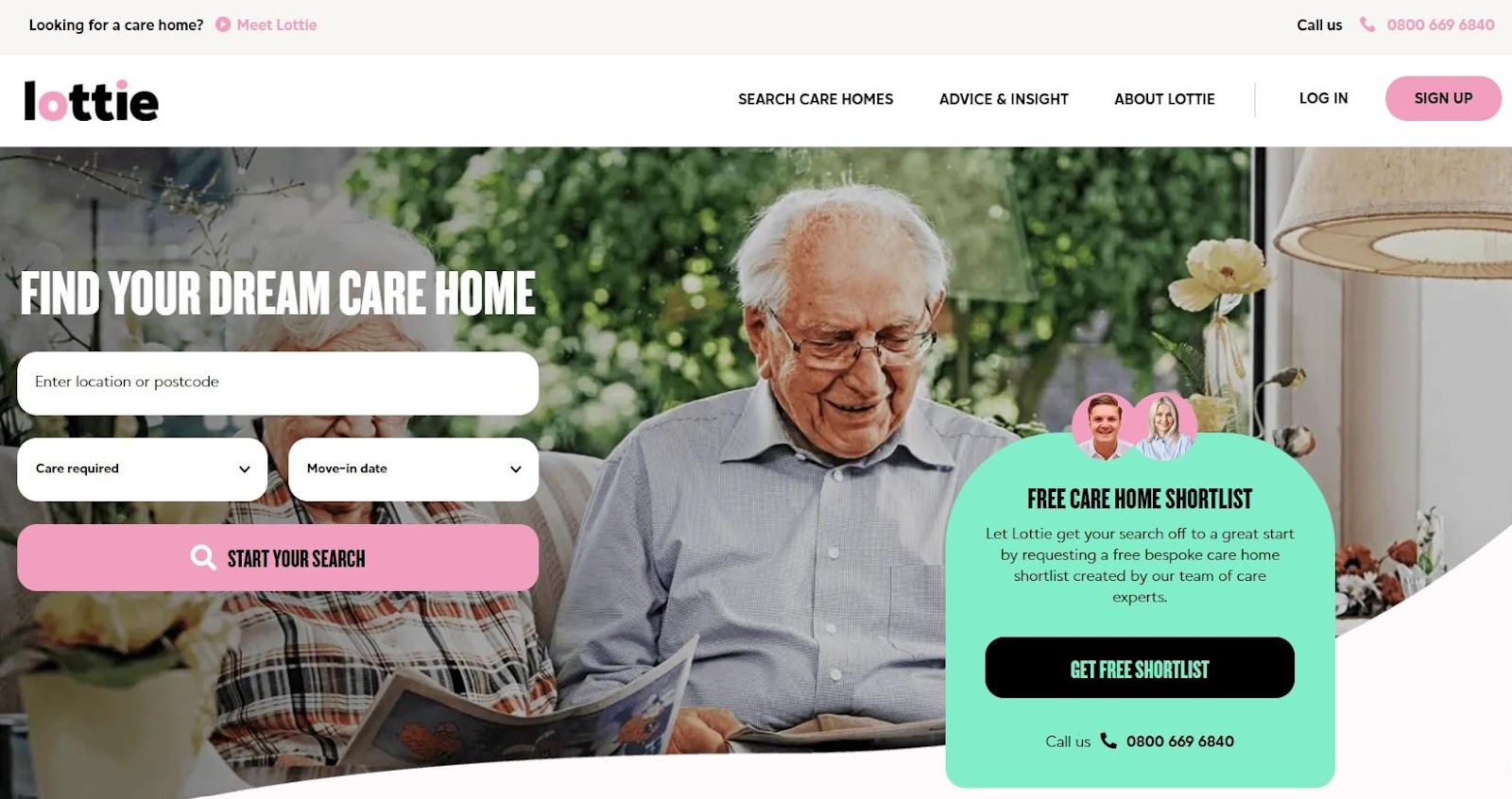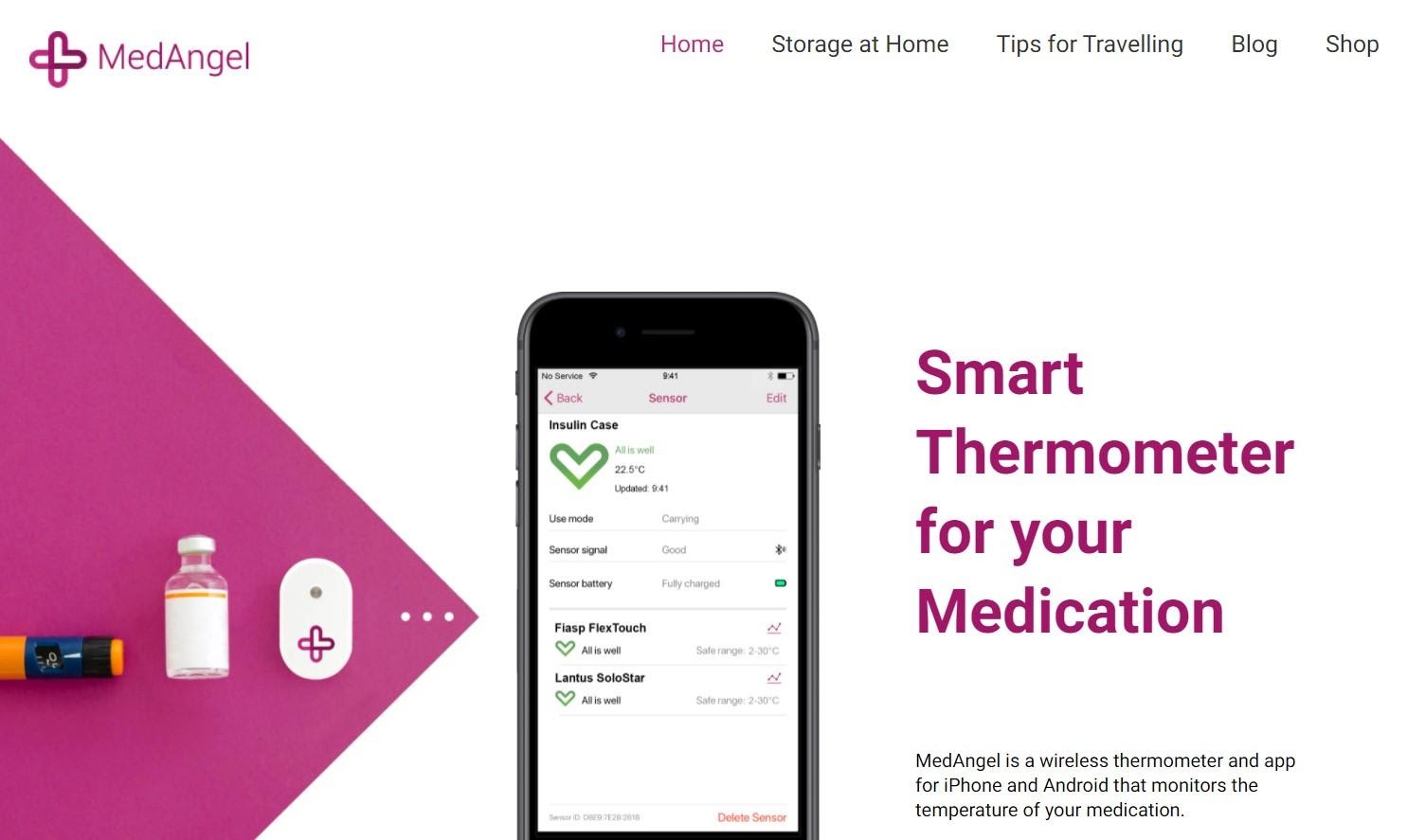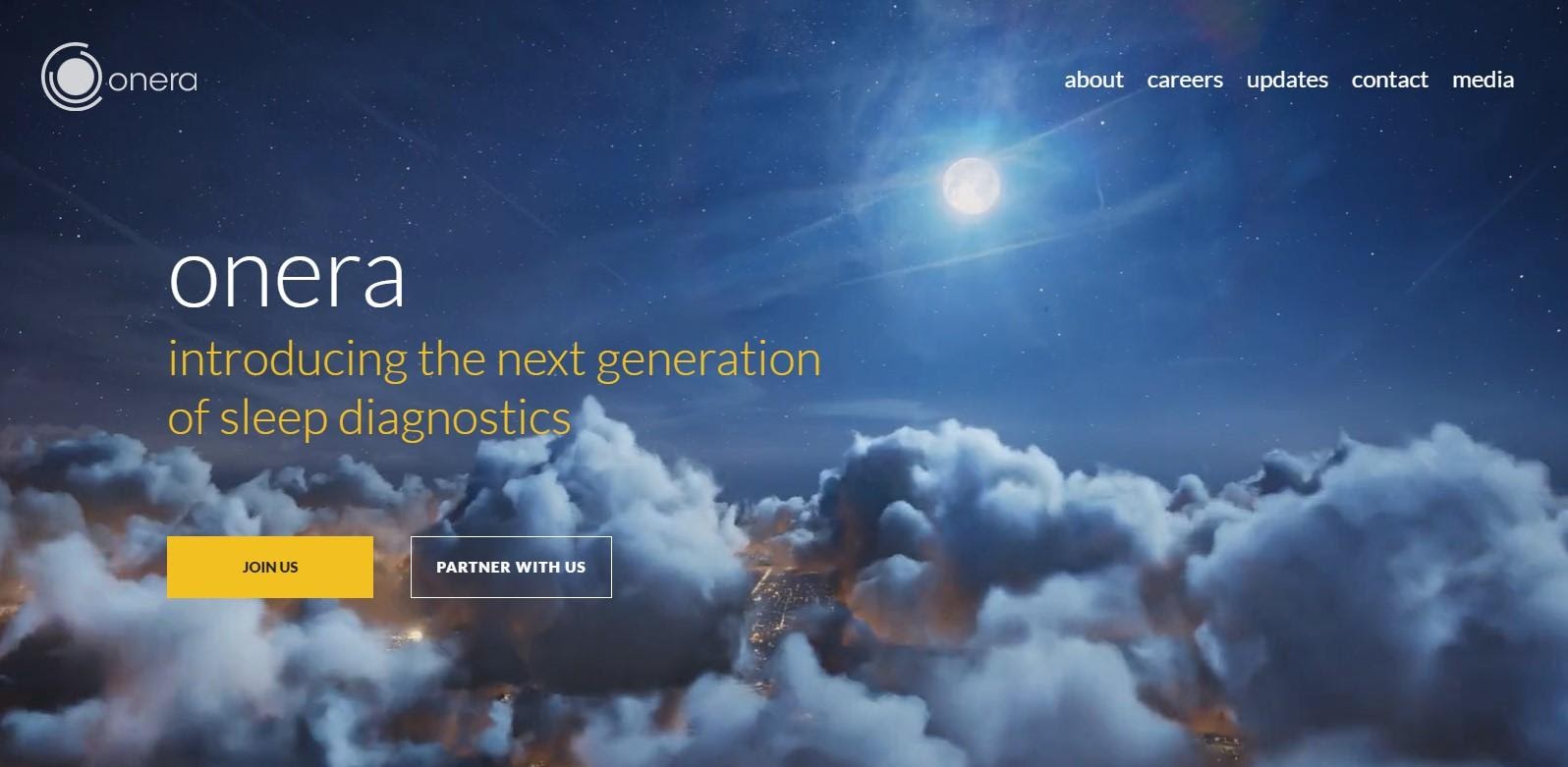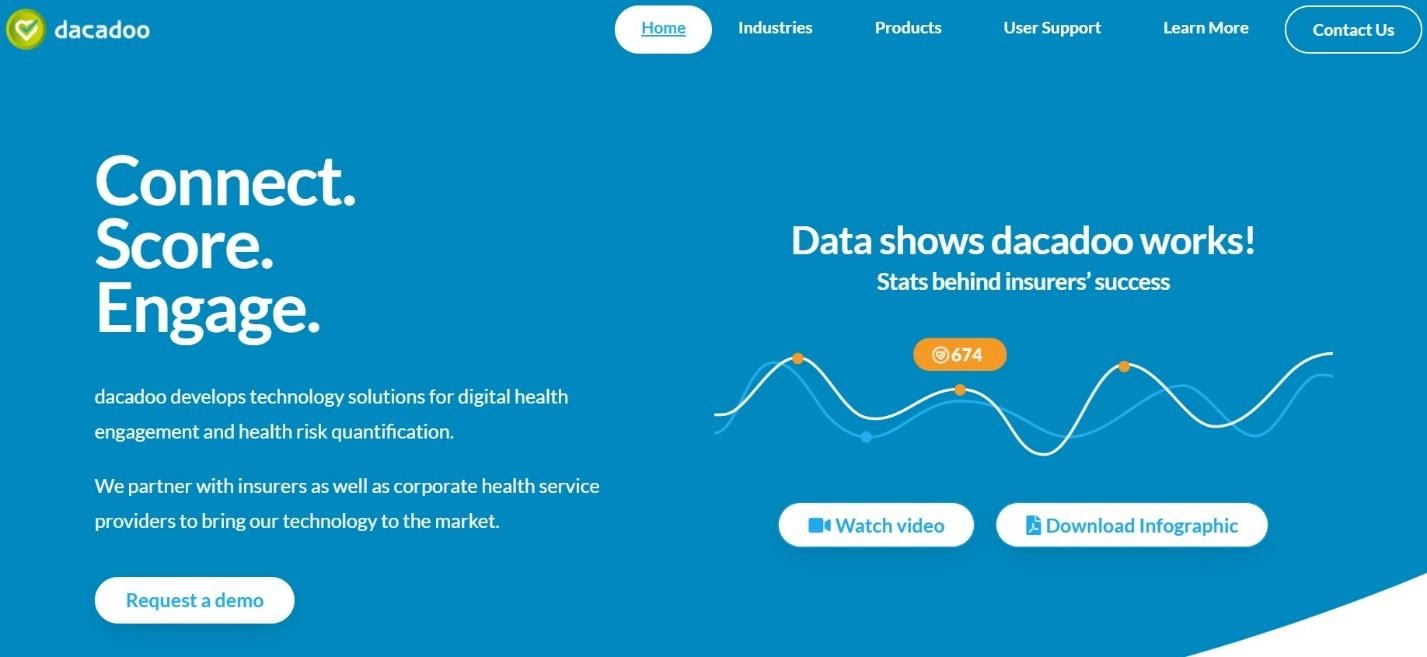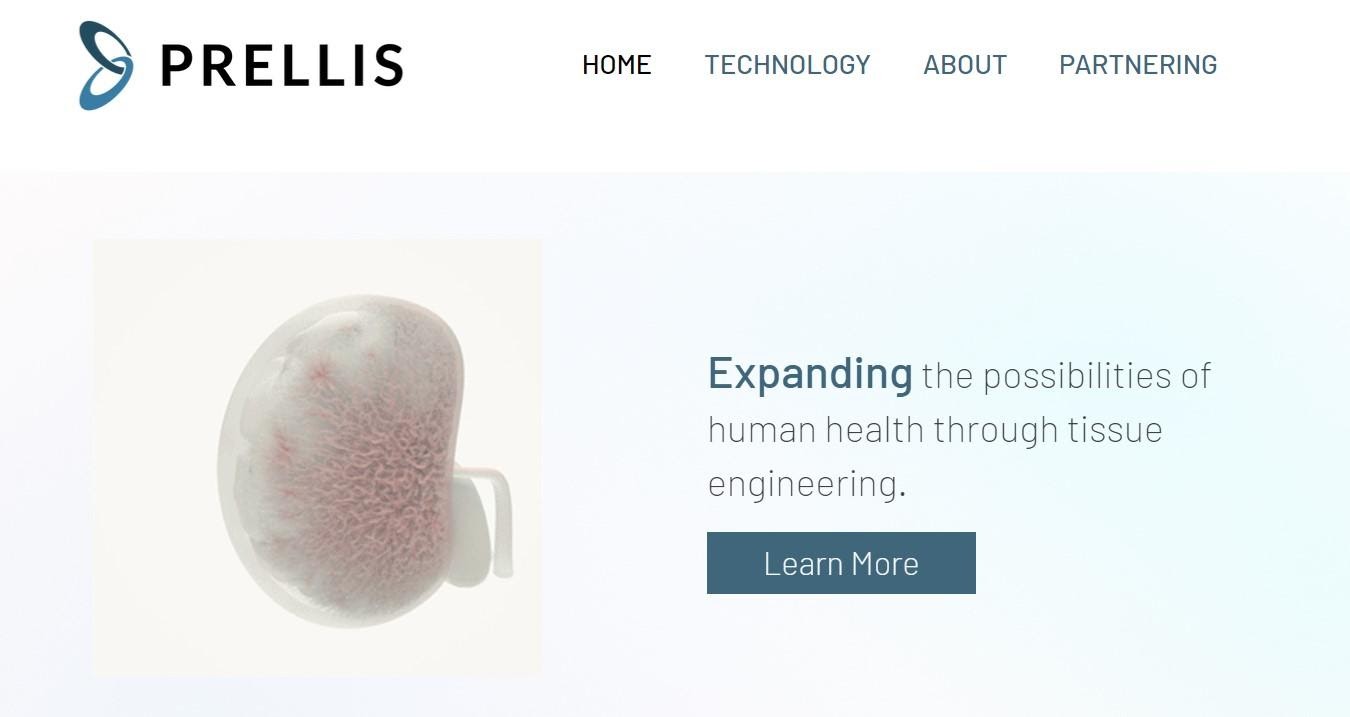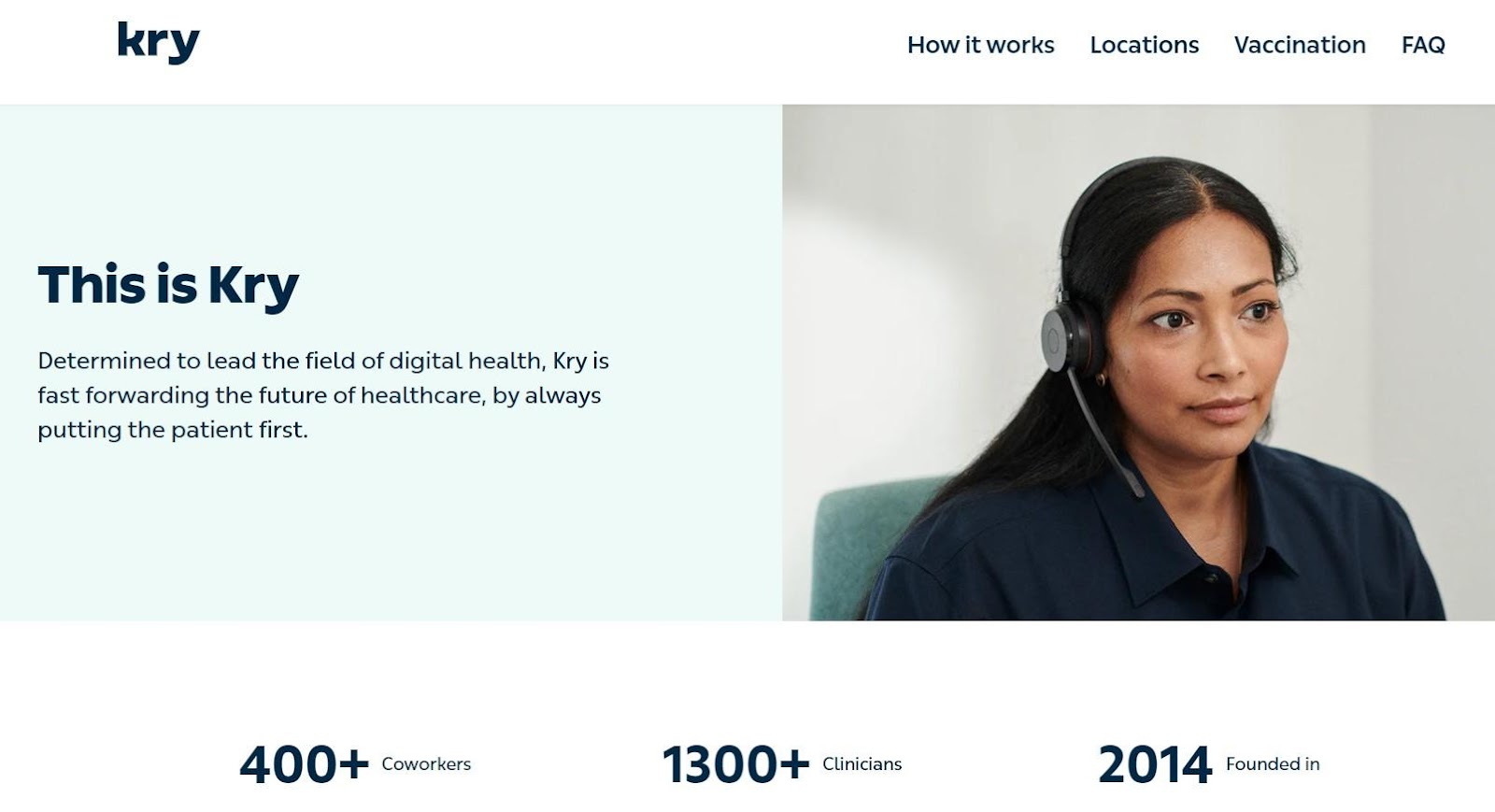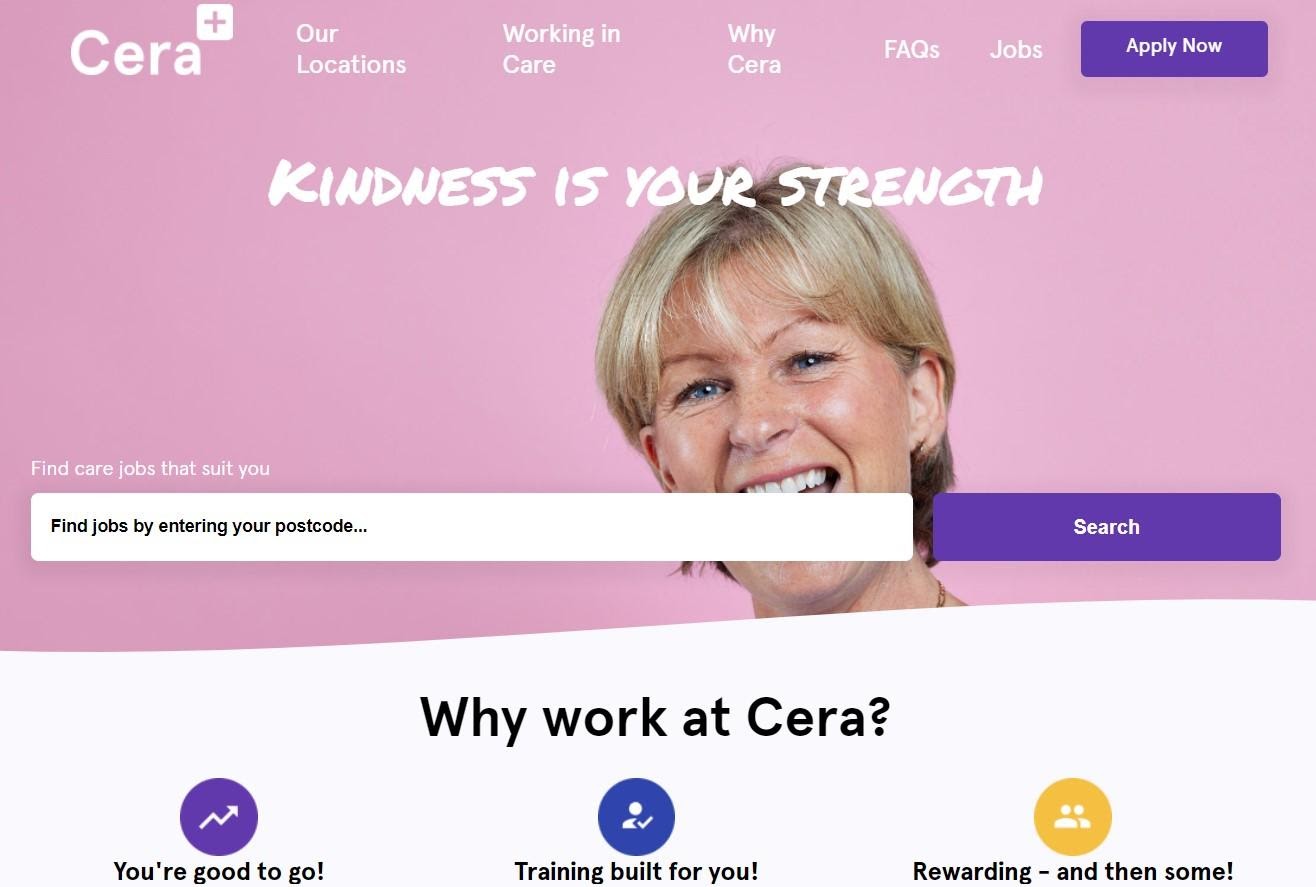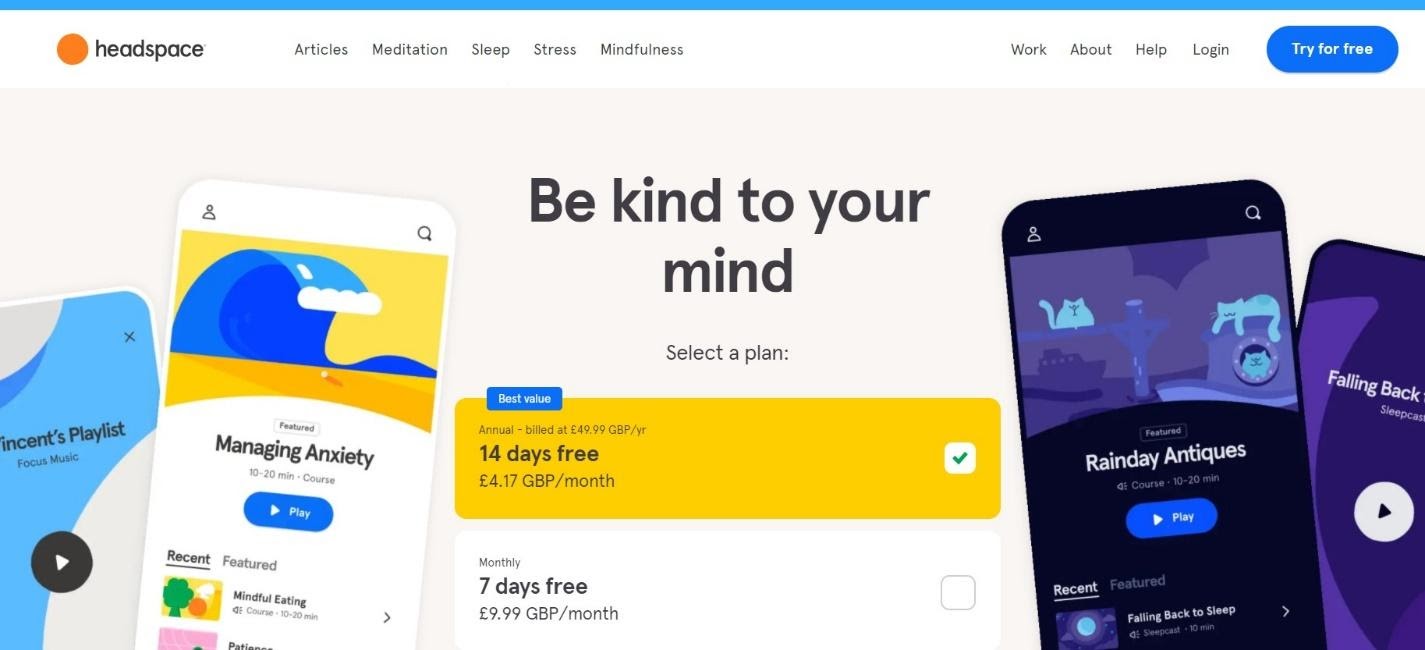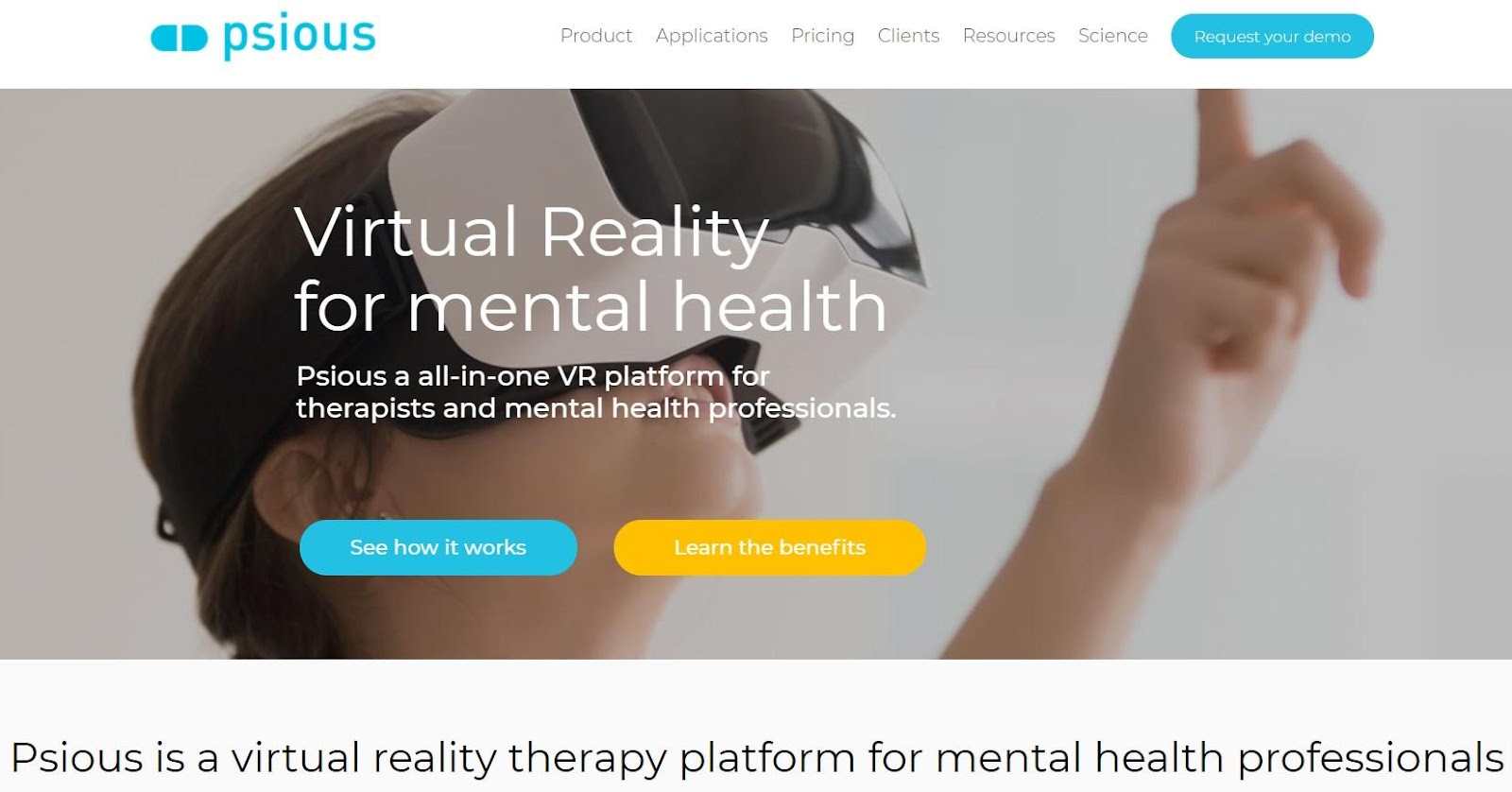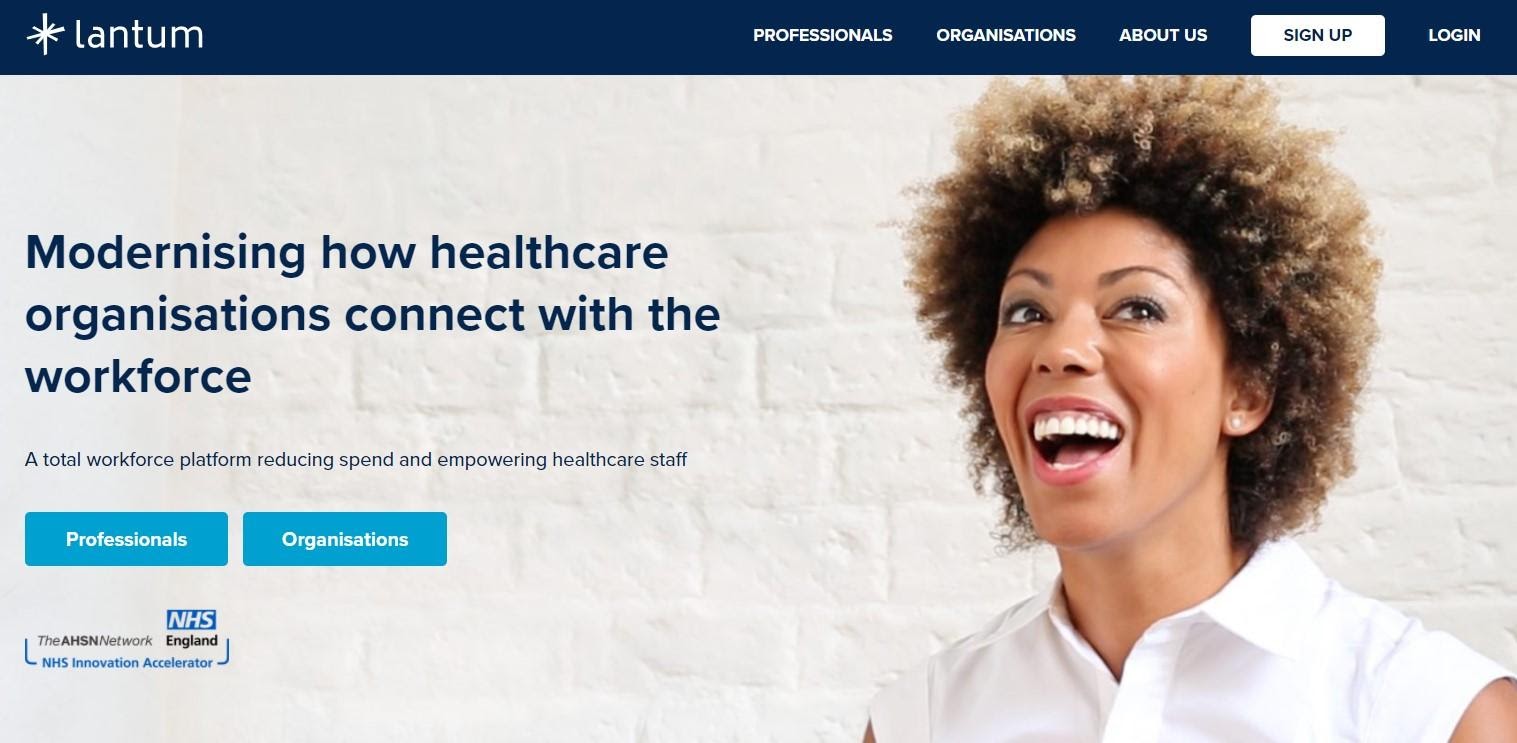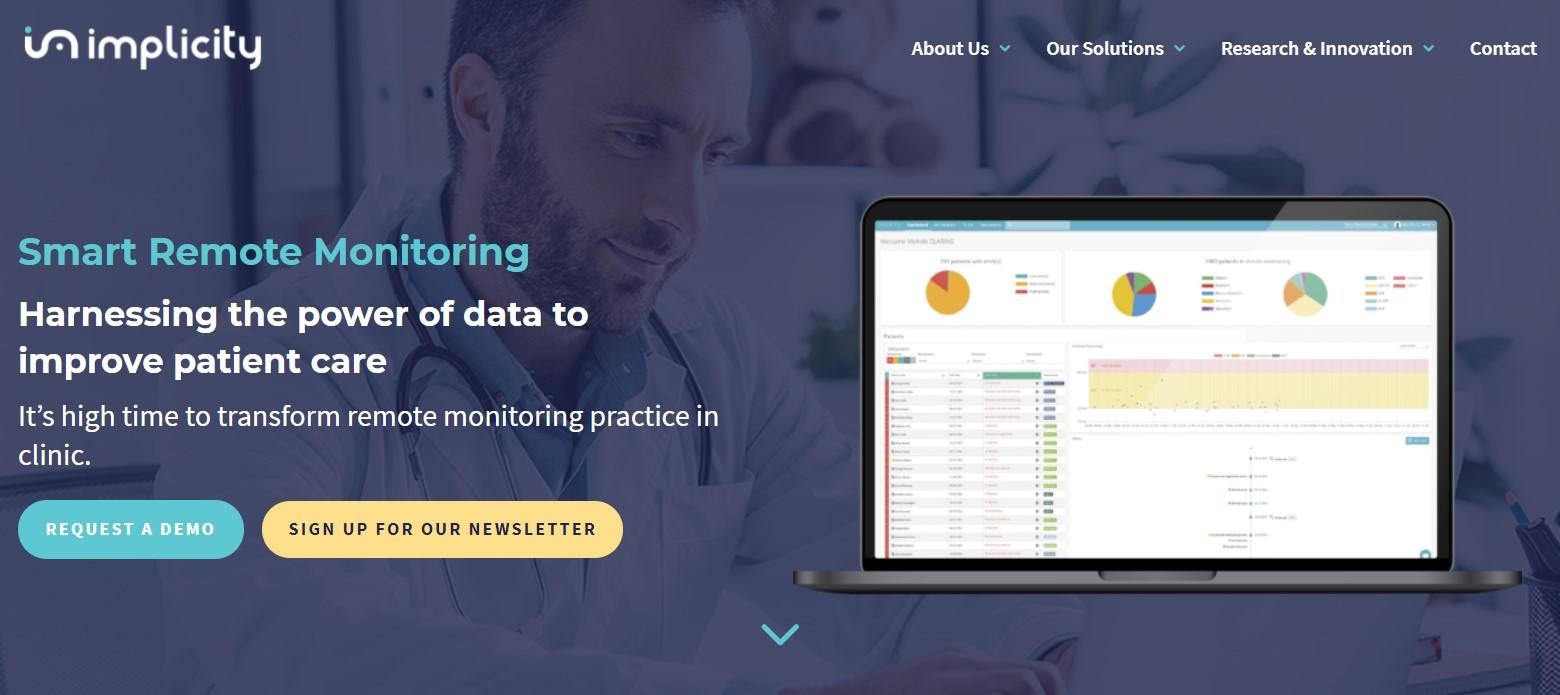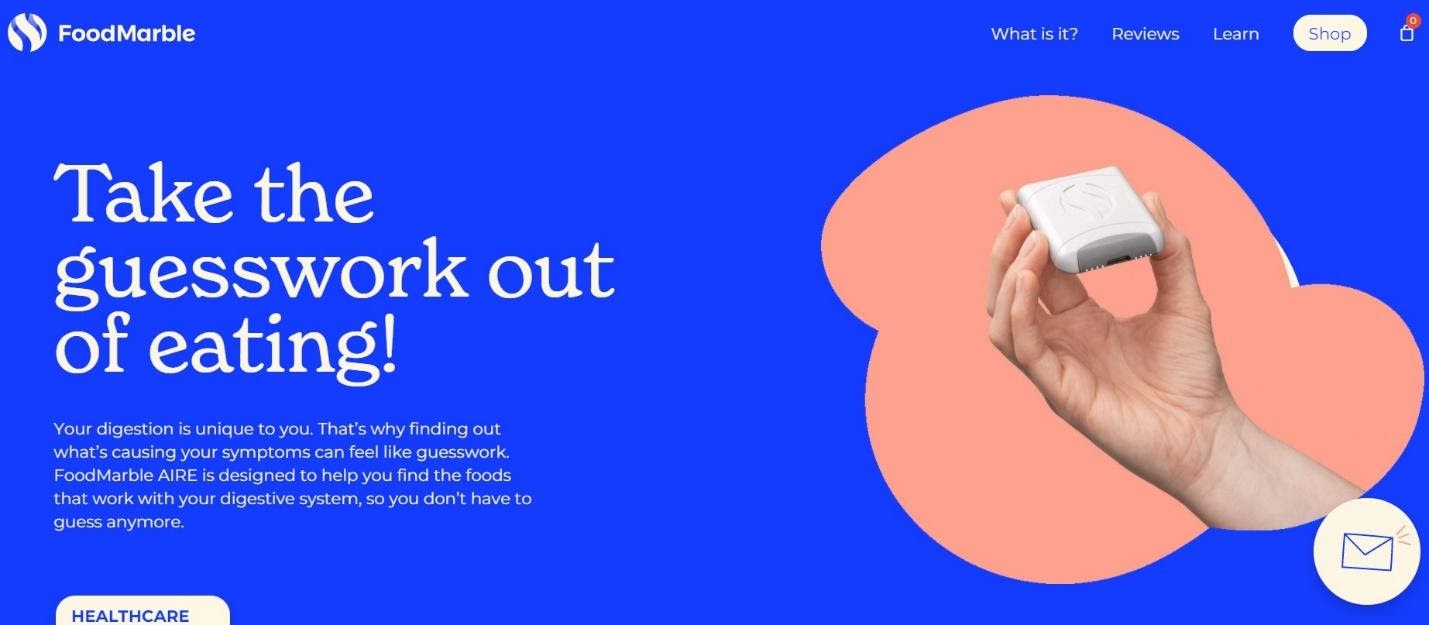The 12 Best & Most Exciting HealthTech Companies in the World
The HealthTech industry is an exciting and ever-changing place to work, with a multitude of new developments each year, many of them life-changing.
Author:Stefano MclaughlinReviewer:Karan EmeryNov 02, 2021234.4K Shares3.2M Views
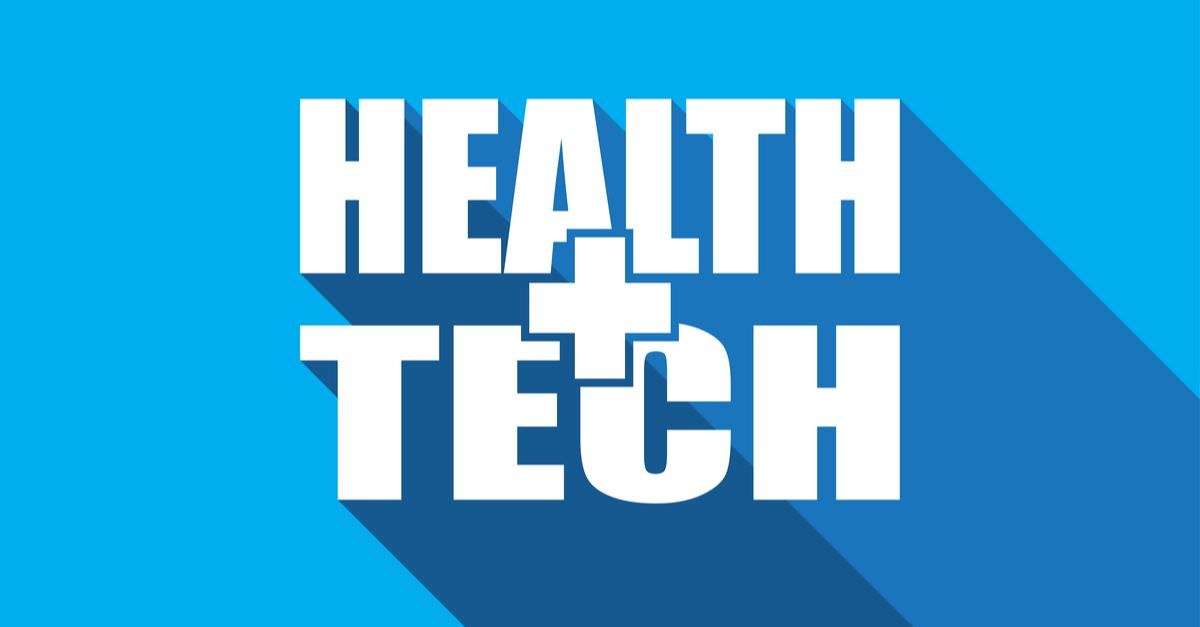
The HealthTech industry is an exciting and ever-changing place to work, with a multitude of new developments each year, many of them life-changing.
Whether it’s a new service, a software, or an actual product, some HealthTech companies are constantly striving to find the next big thing.
With this in mind, it’s perhaps no surprise that the industry is a booming market, with big plans for rapid growth.
So, to discover just some of these amazing developments, read on for our list of the 12 most exciting HealthTech companies in the world.
What Is HealthTech?
If this word is new to you, HealthTech refers to the use of technology to make healthcare services easier, including delivery, payment and developing new products.
With an ageing global population, the need for patient care and treatment for diseases has been on the rise for a while, but in the wake of the COVID-19 pandemic, the demand for remote healthcare services ballooned, creating even greater demand for remote treatment for existing illnesses, too.
Now, let’s meet the companies making waves in this fascinating industry.
Lottie, UK
Finding a suitable care home for your loved ones was once a stressful and time-consuming experience, but no more with Lottie!
Lottie is an easy-to-use digital platform that blends smart tech with market-leading human expertise to match families with the best care homes for their loved ones, based on a range of needs and wants, including price, location and facilities available.
MedAngel, Denmark
Dutch company MedAngelis one of the most innovative healthcare startups around. This mobile app uses some pretty slick tech to monitor the temperature of medication, including insulin, effectively making it a smart wireless thermometer.
Using MedAngel, users can keep an eye on their medication - and the app will even notify them if their medication is too hot or too cold, helping to prevent it from losing effectiveness.
With the use of devices like smartphones becoming more prevalent in healthcare and HealthTech, services like MedAngel are certainly going to be vital for future society.
Onera Health, US
Headquartered in the US but with research and development taking place in the Netherlands, Onera Healthis a company at the forefront of the next generation of sleep diagnostics.
Although one in five of us has some sort of sleep-related problem, successful treatment and understanding of these issues is still largely unknown.
Onera Health’s technology comes in the form of a smart patch that monitors people’s breathing patterns at night, measures sleep pattern, identifies potential issues and using this data, aims to improve sleep quality - a vital piece of tech in a society that never seems to sleep!
Dacadoo, Switzerland
Dacadoo is based in Zurich, Switzerland, and is a platform designed to encourage people to adopt healthier lifestyles. Dacadoouses a ‘health score’ to assign users a score between 0 and 1,000 which you can watch go up and down in realtime, depending on your mental and physical health and lifestyle.
You can use the Dacadoo app to track your activities or link it up with your Fitbit and other third-party device to track your progress and make healthier choices, including diet and exercise.
Prellis Biologics, US
Hailing from San Francisco, USA, Prellis Biologicsis an awe-inspiring company that uses advanced holographic 3D laser printing technology to facilitate the production of lab-grown human organs and tissues.
These artificial organs are completely biocompatible with the human body, meaning that they can be used for organ reproduction and critically, may even lead to the end of organ donation wait lists.
6. KRY, Sweden
Swedish app KRYlets patients book and attend video appointments with GPs and qualified healthcare professionals at the click of a button through their smartphone or tablet, helping to eradicate the precious time spent on hold to your doctor’s surgery reception.
KRY’s clever digital technology has already helped millions of patients and with international expansion on the company’s agenda, there’s surely no stopping this patient-focused HealthTech service.
Cera, UK
UK-based company Cerais a handy online marketplace that connects elderly people with carers who can visit their home to offer support with medical treatment, personal care and day-to-day tasks like running errands.
Carers are matched with people based on their experience and their interests, so they have plenty to chat about! Cera is regulated by the Care Quality Commission (CQC) and offers palliative care, live-in care, dementia care and respite care.
8. Headspace, US
Based in California, USA, Headspacewas one of the first meditation apps to hit the market when the world finally started to recognize the importance of good mental health.
Headspace is a pioneer for mindfulness, helping users to alleviate stress and worry, sleep better and manage anxiety with the app’s wide variety of guided meditations, calming sleep casts, stress-busting exercises and much more.
Psious, Spain
Located in Barcelona, Spain, Psiousis a revolutionary virtual reality platform designed to treat phobias and anxiety disorders that include agoraphobia, public speaking, panic attacks, OCD and pain management.
There are over 70 immersive virtual environments in Psious’ VR library, each one tailored to deal with a specific disorder. Psious has been used successfully by mental health professionals as a key part of patient therapy, to help patients face up to their fears and feelings, find ways to minimize their effects and feel more confident in situations they find challenging.
10. Lantum, UK
The UK’s overstretched health services means that staff availability is frequently a real problem in hospitals and GP practices, costing the NHS billions of pounds to source agencies who provide temporary doctors, also known as locums.
This is where workforce solution Lantumsteps in, acting as a marketplace to connect these locums with GP practices without the expense of going through agencies.
Lantum has also expanded since its inception to cover a whole suite of much-needed software-as-a-service tools, including diary management and expenses for doctors.
Implicity, France
French company Implicityaims to treat heart failure and other conditions by combining state-of-the-art software technology with artificial intelligence, machine learning and data science.
Implicity remotely monitors patients with cardiac devices like pacemakers and defibrillators and if the pacemaker or defibrillator gives off an alert, analyses and filters the data to decide whether the alert requires urgent medical attention.
This really helps to reduce time wasted on false alarms, a bold step in predictive and personalized medicine.
12. Food Marble, Ireland
We all love food, but sometimes it can be our worst enemy, especially when it leads to indigestion. Here to save the day, Irish startup company FoodMarbledeveloped a clever personal digestive tracker that aims to solve digestion disorders by analyzing human breath to detect the level of hydrogen released by undigested food.
Users can use the tracker to gain a clearer understanding of their unique trigger foods, helping them to make important dietary changes and feel healthier and happier.
Summary
We’ve barely scratched the surface with our list of pioneering HealthTech companies - and with the latest advancements becoming more accessible and more investors throwing their hats in the ring, this industry is set to become more fast-paced than ever, placing us on the edge of a new era for healthcare.
Post-pandemic, demand for remote healthcare is soaring, opening the door for the next generation of HealthTech companies and although there is plenty of work still to be done, the future certainly looks bright for HealthTech!

Stefano Mclaughlin
Author
Stefano Mclaughlin is a Psychologist focused on mental health, emotional well-being, and healthcare policy. He studied Psychology and Public Health at the University of Massachusetts Amherst, gaining a deep understanding of the intersection between mental health and public policy.
Stefano's mission is clear: he aims to destigmatize mental health discussions, improve access to mental healthcare, and promote emotional well-being for all. Drawing from personal experiences with anxiety and depression, Stefano shares real stories to make mental health topics more relatable and less intimidating.
In addition to his advocacy work, Stefano enjoys delving into books, experimenting in the kitchen, and embarking on new adventures. These hobbies fuel his creativity and inspire fresh perspectives for his advocacy work.

Karan Emery
Reviewer
Karan Emery, an accomplished researcher and leader in health sciences, biotechnology, and pharmaceuticals, brings over two decades of experience to the table. Holding a Ph.D. in Pharmaceutical Sciences from Stanford University, Karan's credentials underscore her authority in the field.
With a track record of groundbreaking research and numerous peer-reviewed publications in prestigious journals, Karan's expertise is widely recognized in the scientific community.
Her writing style is characterized by its clarity and meticulous attention to detail, making complex scientific concepts accessible to a broad audience. Apart from her professional endeavors, Karan enjoys cooking, learning about different cultures and languages, watching documentaries, and visiting historical landmarks.
Committed to advancing knowledge and improving health outcomes, Karan Emery continues to make significant contributions to the fields of health, biotechnology, and pharmaceuticals.
Latest Articles
Popular Articles
